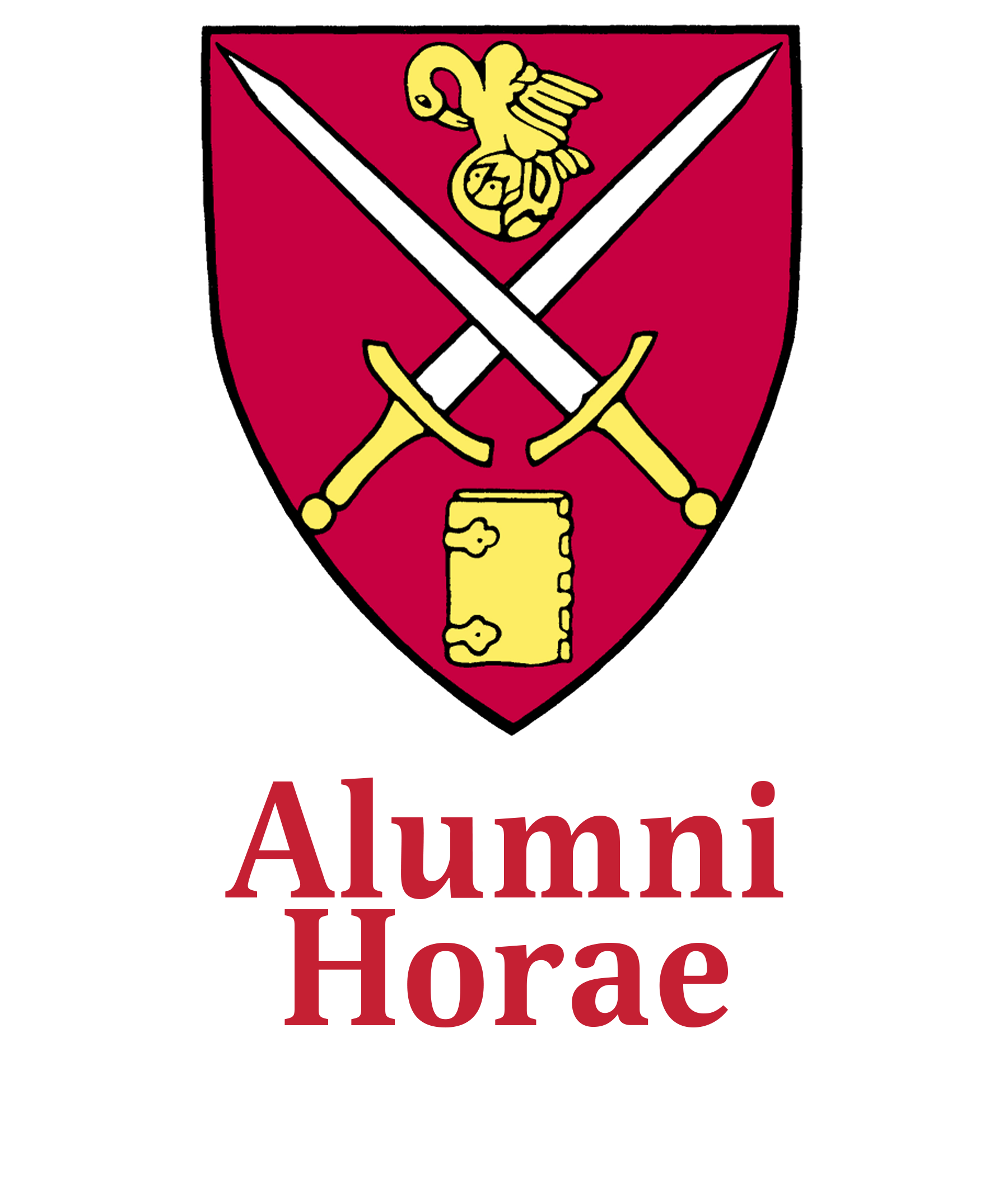Profile: Passport to the Future
Harlem native Andrew Gauldin ’89 came to St. Paul’s looking for better opportunities – and found them
Jana F. Brown
As someone who was acutely aware of his own heritage, it struck Andrew Gauldin ’89 that St. Paul’s School did not offer an elective devoted to black history. With the help of his adviser, former SPS faculty member John Green, Gauldin was determined to effect change. In the Winter Term of his Sixth Form year, he taught a class called “Malcolm or Martin” to 10 of his peers as an Independent Study Project. “The reaction from my classmates was amazing,” says Gauldin, a youth mentor, who devotes much of his time to consulting on conflict resolution.
Gauldin came to SPS as a Wadleigh Scholar from Harlem, encouraged by program founder E.E. Plummer and determined that education would be his passport to the future. Gauldin describes Harlem in the mid-1980s as a place of dysfunction, where drugs and violence were the norm. Though his own home life was loving and supportive, his school, he says, had windows fitted with protective bars, while metal detectors welcomed students each morning. “[Arriving at St. Paul’s] was like taking a person from one country and sending them 20,000 miles to another country,” Gauldin recalls. “Everything was different. Except for the language – and even that was different. It was about going to a place where you wanted to learn as opposed to school in New York City, where it was the total opposite.”
One of the immediate differences Gauldin noticed was the feeling of security he experienced at St. Paul’s. He describes the difference as “having caring adults looking out for you 24 hours a day.” In Harlem, he says, he was vulnerable as soon as he exited his home. That didn’t mean transitioning to St. Paul’s was easy. Gauldin was exposed to many cultures and traditions that differed from his own, from food to music to clothing. He was not used to the preppy dress code or the social pecking order, where socioeconomic pressures were dictated by where one had vacationed over March break. “I felt like I had to compete,” he says. “I put pressure on myself to do well academically, because I didn’t want to be considered a token student of color.”
Gauldin found comfort in the School’s Third World Cultural Society – an organization that brought together students of color for social events with one another and with students at peer schools. Still, the name of the group baffled Gauldin, who was not from a third world country. “I think [the School] did the best it could at the time. I didn’t have anger about it. The only issue was that it was an after-thought to have our cultural and social issues dealt with.”
Today Gauldin, the 2013 recipient of the SPS Alumni Association Award, is a writer, mentor, and grant consultant for National Peace Makers Advocacy, which “advocates healthy character development through intentional positive affirmations.” His work with families, currently in San Jose, Calif., focuses on bringing structure to students’ days that is reminiscent of daily life at SPS. Gauldin sees this structure as a way to build community. “My dream,” he says, “is to get some land and make my own St. Paul’s.”

